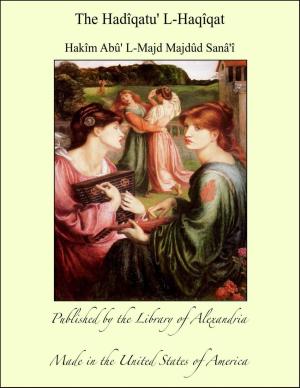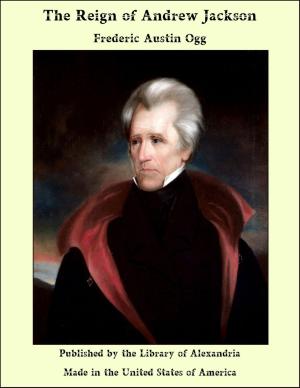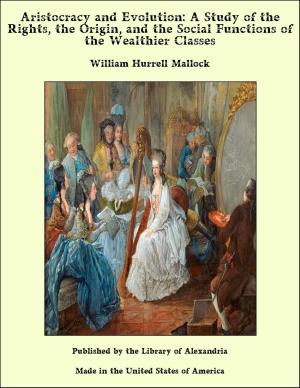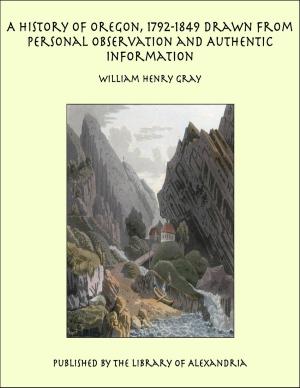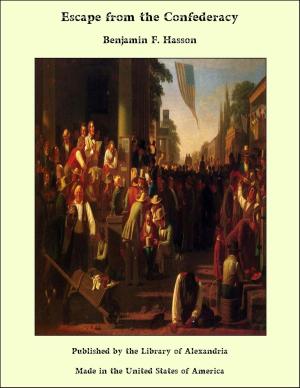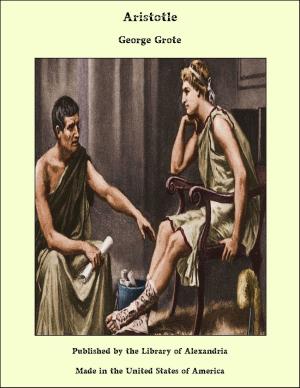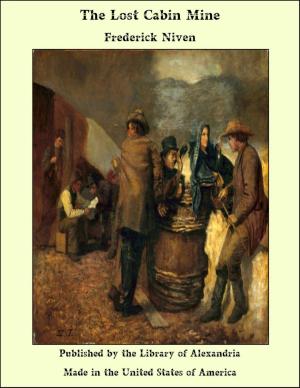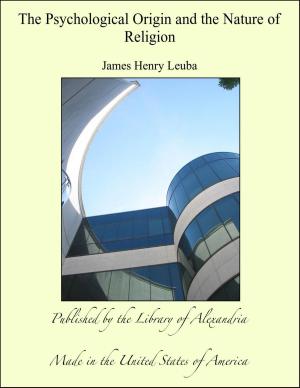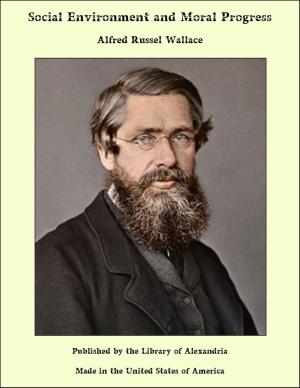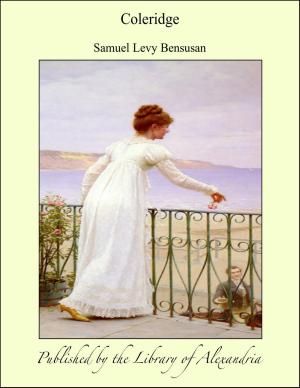| Author: | John Charles Dent | ISBN: | 9781465511195 |
| Publisher: | Library of Alexandria | Publication: | March 8, 2015 |
| Imprint: | Language: | English |
| Author: | John Charles Dent |
| ISBN: | 9781465511195 |
| Publisher: | Library of Alexandria |
| Publication: | March 8, 2015 |
| Imprint: | |
| Language: | English |
Few tasks are more difficult of accomplishment than the overturning of the ideas and prejudices which have been conceived in our youth, which have grown up with us to mature age, and which have finally become the settled convictions of our manhood. The overturning process is none the less difficult when, as is not seldom the case, those ideas and convictions are widely at variance with facts. Most of us have grown up with very erroneous notions respecting the Indian character—notions which have been chiefly derived from the romances of Cooper and his imitators. We have been accustomed to regard the aboriginal red man as an incarnation of treachery and remorseless ferocity, whose favourite recreation is to butcher defenceless women and children in cold blood. A few of us, led away by the stock anecdotes in worthless missionary and Sunday School books, have gone far into the opposite extreme, and have been wont to regard the Indian as the Noble Savage who never forgets a kindness, who is ever ready to return good for evil, and who is so absurdly credulous as to look upon the pale-faces as the natural friends and benefactors of his species. Until within the last few years, no pen has ventured to write impartially of the Indian character, and no one has attempted to separate the wheat from the chaff in the generally received accounts which have come down to us from our forefathers. The fact is that the Indian is very much what his white brother has made him. The red man was the original possessor of this continent, the settlement, of which by Europeans sounded the death-knell of his sovereignty. The aboriginal could hardly be expected to receive the intruder with open arms, even if the latter had acted up to his professions of peace and good-will. It would have argued a spirit of contemptible abjectness and faintness of heart if the Indian had submitted without a murmur to the gradual encroachments of the foreigner, even if the latter had adopted a uniform policy of mildness and conciliation. But the invader adopted no such policy. Not satisfied with taking forcible possession of the soil, he took the first steps in that long, sickening course of treachery and cruelty which has caused the chronicles of the white conquest in America to be written in characters of blood. The first and most hideous butcheries were committed by the whites.
Few tasks are more difficult of accomplishment than the overturning of the ideas and prejudices which have been conceived in our youth, which have grown up with us to mature age, and which have finally become the settled convictions of our manhood. The overturning process is none the less difficult when, as is not seldom the case, those ideas and convictions are widely at variance with facts. Most of us have grown up with very erroneous notions respecting the Indian character—notions which have been chiefly derived from the romances of Cooper and his imitators. We have been accustomed to regard the aboriginal red man as an incarnation of treachery and remorseless ferocity, whose favourite recreation is to butcher defenceless women and children in cold blood. A few of us, led away by the stock anecdotes in worthless missionary and Sunday School books, have gone far into the opposite extreme, and have been wont to regard the Indian as the Noble Savage who never forgets a kindness, who is ever ready to return good for evil, and who is so absurdly credulous as to look upon the pale-faces as the natural friends and benefactors of his species. Until within the last few years, no pen has ventured to write impartially of the Indian character, and no one has attempted to separate the wheat from the chaff in the generally received accounts which have come down to us from our forefathers. The fact is that the Indian is very much what his white brother has made him. The red man was the original possessor of this continent, the settlement, of which by Europeans sounded the death-knell of his sovereignty. The aboriginal could hardly be expected to receive the intruder with open arms, even if the latter had acted up to his professions of peace and good-will. It would have argued a spirit of contemptible abjectness and faintness of heart if the Indian had submitted without a murmur to the gradual encroachments of the foreigner, even if the latter had adopted a uniform policy of mildness and conciliation. But the invader adopted no such policy. Not satisfied with taking forcible possession of the soil, he took the first steps in that long, sickening course of treachery and cruelty which has caused the chronicles of the white conquest in America to be written in characters of blood. The first and most hideous butcheries were committed by the whites.

